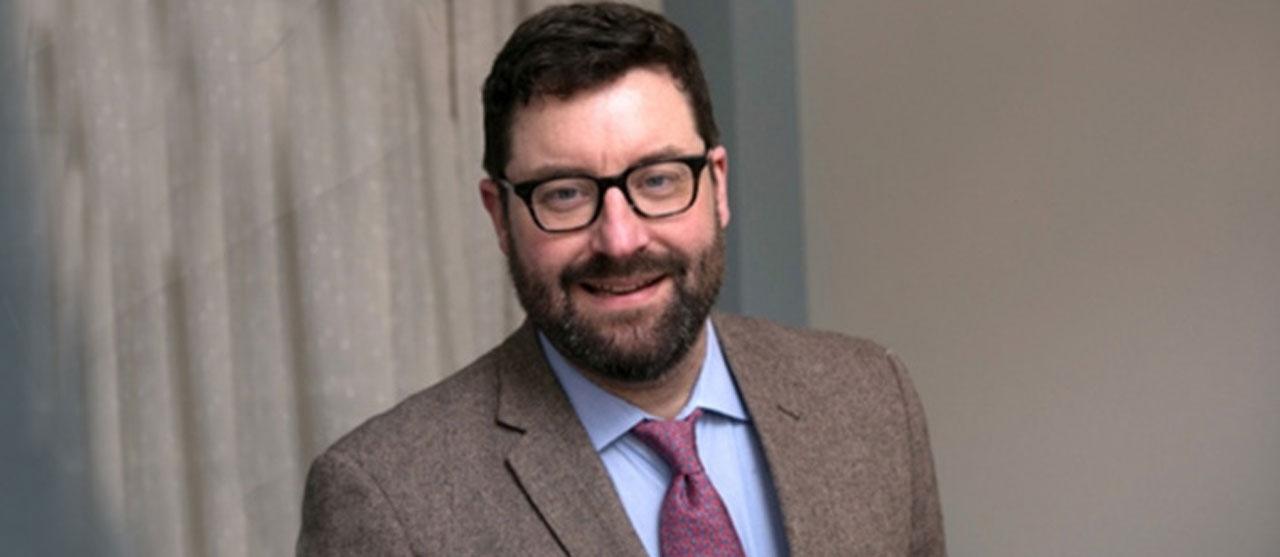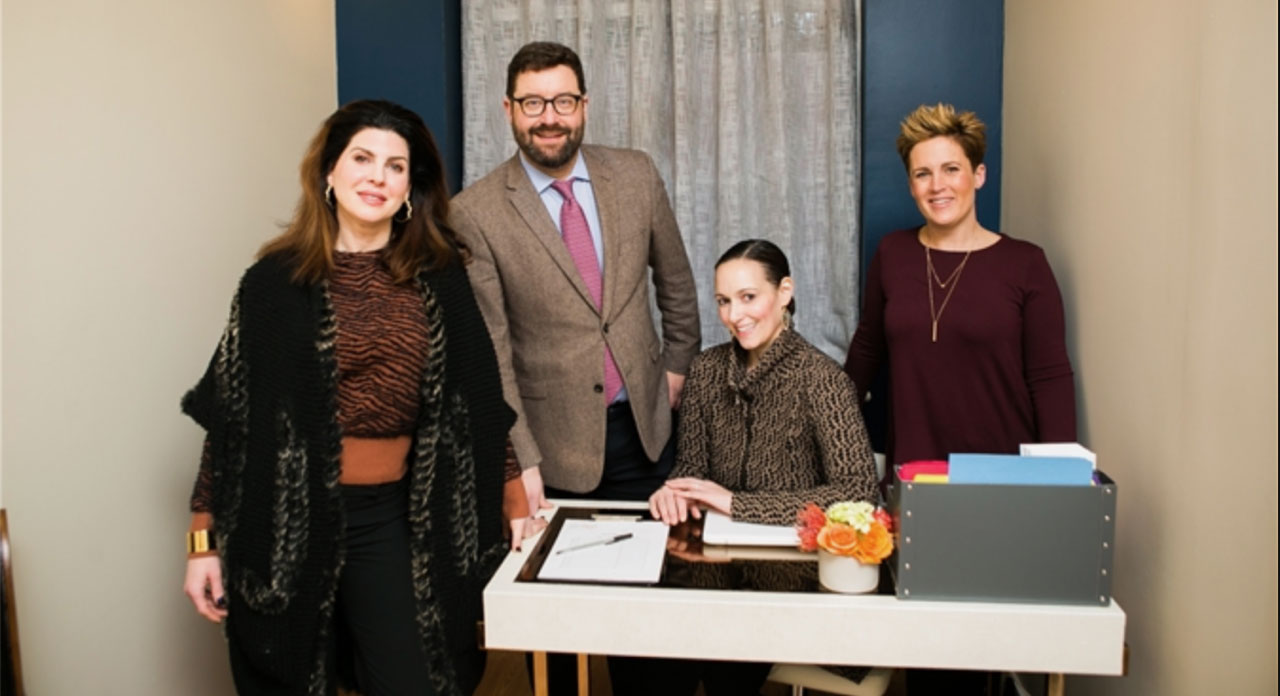MDD [MAJOR DEPRESSIVE DISORDER]
Depression [Major Depressive Disorder] is a mood disorder that causes a persistent feeling of sadness and loss of interest. Also called major depressive disorder or clinical depression, it affects how you feel, think and behave and can lead to a variety of emotional and physical problems. You may have trouble doing normal day-to-day activities, and sometimes you may feel as if life isn't worth living. More than just a bout of the blues, depression isn't a weakness and you can't simply "snap out" of it. Depression may require long-term treatment. But don't get discouraged. Most people with depression feel better with medication, psychotherapy or both.
SYMPTOMS
Although depression may occur only once during your life, people typically have multiple episodes. During these episodes, symptoms occur most of the day, nearly every day and may include:
- Feelings of sadness, tearfulness, emptiness or hopelessness
- Angry outbursts, irritability or frustration, even over small matters
- Loss of interest or pleasure in most or all normal activities, such as sex, hobbies or sports
- Sleep disturbances, including insomnia or sleeping too much
- Tiredness and lack of energy, so even small tasks take extra effort
- Reduced appetite and weight loss or increased cravings for food and weight gain
- Anxiety, agitation or restlessness
- Slowed thinking, speaking or body movements
- Feelings of worthlessness or guilt, fixating on past failures or self-blame
- Trouble thinking, concentrating, making decisions and remembering things
- Frequent or recurrent thoughts of death, suicidal thoughts, suicide attempts or suicide
- Unexplained physical problems, such as back pain or headaches
For many people with depression, symptoms usually are severe enough to cause noticeable problems in day-to-day activities, such as work, school, social activities or relationships with others. Some people may feel generally miserable or unhappy without really knowing why.

TREATMENT
Medications and psychotherapy are effective for most people with depression. Your primary care doctor or psychiatrist can prescribe medications to relieve symptoms. However, many people with depression also benefit from seeing a psychiatrist, psychologist or other mental health professional.
If you have severe depression, you may need a hospital stay, or you may need to participate in an outpatient treatment program until your symptoms improve.
Other treatment options
For some people, other procedures, sometimes called brain stimulation therapies, may be suggested:
- Electroconvulsive therapy (ECT). In ECT, electrical currents are passed through the brain to impact the function and effect of neurotransmitters in your brain to relieve depression. ECT is usually used for people who don't get better with medications, can't take antidepressants for health reasons or are at high risk of suicide.
- Transcranial magnetic stimulation (TMS). TMS may be an option for those who haven't responded to antidepressants. During TMS, a treatment coil placed against your scalp sends brief magnetic pulses to stimulate nerve cells in your brain that are involved in mood regulation and depression.
The above was discussion of MDD was taken from the website of the Mayo Clinic]
Depression Help Philadelphia
TMS TREATMENT AT SPARK TMS
Here at SPARK TMS Therapeutic Center in Philadelphia, we offer TMS therapy for patients with an existing diagnosis of MDD from a qualified mental health professional. Our Magstim rTMS device is a state of the art device utilizing Transcranial Magnetic Stimulation (TMS) to treat MDD. This non-invasive treatment delivers magnetic stimulation to a targeted brain area known as the left dorsolateral prefrontal cortex, which is usually underactive in MDD.TMS activation of this area can help restore normal functioning in other brain regions that are also typically not functioning normally in MDD. It is an outpatient procedure and does not require hospitalization or anesthesia.

At Spark TMS, we also have a BrainsWay TMS device that delivers deep penetrating stimulation [dTMS] This device allows for deeper penetration without stronger activation of superficial regions which can be extremely helpful in a variety of clinical situations.
Dr. Peshek will determine which device is better suited to address each specific patient’s condition. Treatment on either the MagStim or the BrainsWay device is generally well tolerated, and entails minimal systemic side effects. Each session lasts about 19 minutes. Dr. Peshek will perform the initial procedure to determine the correct parameters for future sessions. This initial procedure is called brain mapping to determine the motor threshholds. Follow-up sessions are administered and monitored by a trained, certified technician with ongoing direct supervision by Dr. Peshek. Spark TMS is located on the first floor of a boutique office building at 128 Chestnut Street, Philadelphia, PA in Old City.
Would you like to learn more about TMS for MDD? Approximately once a month, Dr. Peshek provides a free informational session in his office for groups of up to 10 people. He explains the benefits of TMS and answers general questions regarding the treatment and the criteria that must be met in order to undergo treatment at Spark. If you would like to be invited to a free upcoming session, please complete the following and then press SUBMIT:
Please note: This is a general informational session about what TMS can do for MDD. You will not be able to discuss individual issues during this session. If you would like to set up an individual appointment, please CLICK HERE to fill out our Contact Form and a member of our staff will get back to you during normal office hours.
Should you need emergency medical help, call 911 or go to the nearest emergency room.
 State of the art TMS technology.The very first and only FDA cleared device for OCDRequest Appointment
State of the art TMS technology.The very first and only FDA cleared device for OCDRequest Appointment Free your Mind!Depression, OCD and AutismRequest Appointment
Free your Mind!Depression, OCD and AutismRequest Appointment Yes You CanRequest Appointment
Yes You CanRequest Appointment


